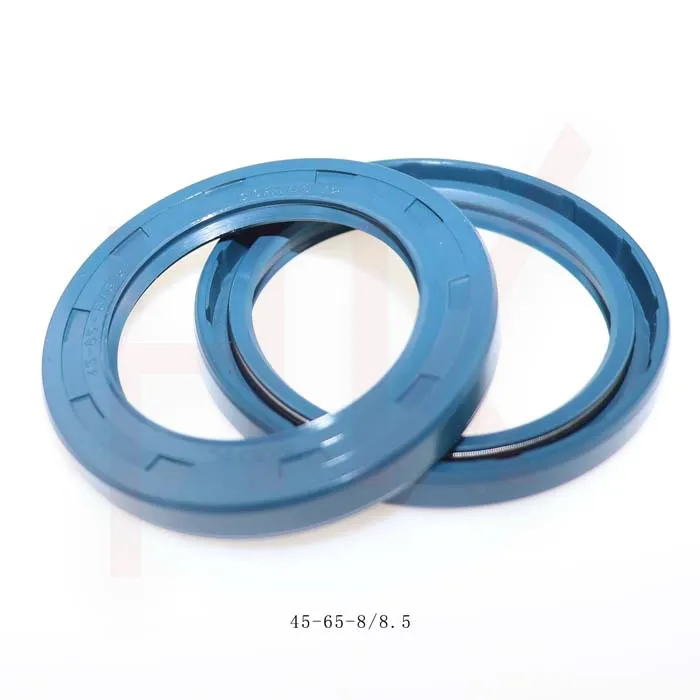Nov . 14, 2024 01:17 Back to list
hydraulic press oil seal
Understanding Hydraulic Press Oil Seals Essential Components for Performance and Longevity
Hydraulic presses are vital machines employed in various industries, from metal forming and automotive manufacturing to packaging and construction. One key component that ensures their efficiency and longevity is the hydraulic oil seal. This article delves into the significance of hydraulic press oil seals, their functionality, and considerations for selection and maintenance.
Hydraulic oil seals serve as barriers between the hydraulic fluid and external contaminants. They prevent leakage of hydraulic fluid, which is crucial for maintaining the press’s operational efficiency. Without effective sealing, the hydraulic system would suffer from fluid loss, leading to decreased pressure and compromised performance. Over time, this can result in equipment failure and increased maintenance costs.
The functioning of hydraulic oil seals revolves around their ability to create a tight seal around moving parts. These seals are typically made from durable materials such as nitrile rubber, polyurethane, or fluorocarbon. Each material has its unique properties suited for different operating conditions, including temperature and chemical exposure. For instance, nitrile rubber is commonly used for its resistance to petroleum-based oils, while fluorocarbon seals are preferred in high-temperature applications due to their stability and resilience.
hydraulic press oil seal

When selecting the right oil seal for a hydraulic press, several factors must be considered. The first is the operating environment — temperature fluctuations, exposure to various fluids, and pressure levels dictate the type of seal material required. Additionally, the design and geometry of the seal play a crucial role in ensuring compatibility with the hydraulic system. A well-fitted seal minimizes friction, which in turn enhances the lifespan of both the seal and the machinery itself.
Regular maintenance of hydraulic oil seals is essential for optimal performance. Operators should inspect seals periodically for signs of wear, such as cracks, deformation, or discoloration. Such inspections help identify potential issues early, allowing for timely replacements that prevent significant damage to the hydraulic system. Moreover, ensuring that the hydraulic fluid is clean and free of contaminants can extend the life of the seals and the entire hydraulic system.
In conclusion, hydraulic press oil seals are indispensable components that facilitate the seamless operation of hydraulic systems. Selecting the right type of seal and conducting regular maintenance are pivotal in ensuring high performance and reducing operational downtime. As industries continue to evolve and adopt more sophisticated machinery, understanding the significance of hydraulic oil seals becomes increasingly critical for engineers and operators alike. Investing attention and resources in these small yet vital components can lead to significant gains in productivity and efficiency across various applications.
-
The Trans-formative Journey of Wheel Hub Oil Seals
NewsJun.06,2025
-
Graphene-Enhanced Oil Seals: Revolutionizing High-Pressure Oil Sealing
NewsJun.06,2025
-
Future of Hydraulic Sealing: Advanced Intelligent TCN Oil Seals
NewsJun.06,2025
-
Don’t Let a Broken TCV Oil Seal Ruin Your Day
NewsJun.06,2025
-
Bio-Inspired Dust Seals for Better Sealing Performance
NewsJun.06,2025
-
Biodegradable and Sustainable Hydraulic Seal Materials
NewsJun.06,2025
-
Top Oil Seal Solutions for Your Industrial Needs
NewsMay.22,2025
Products categories
















